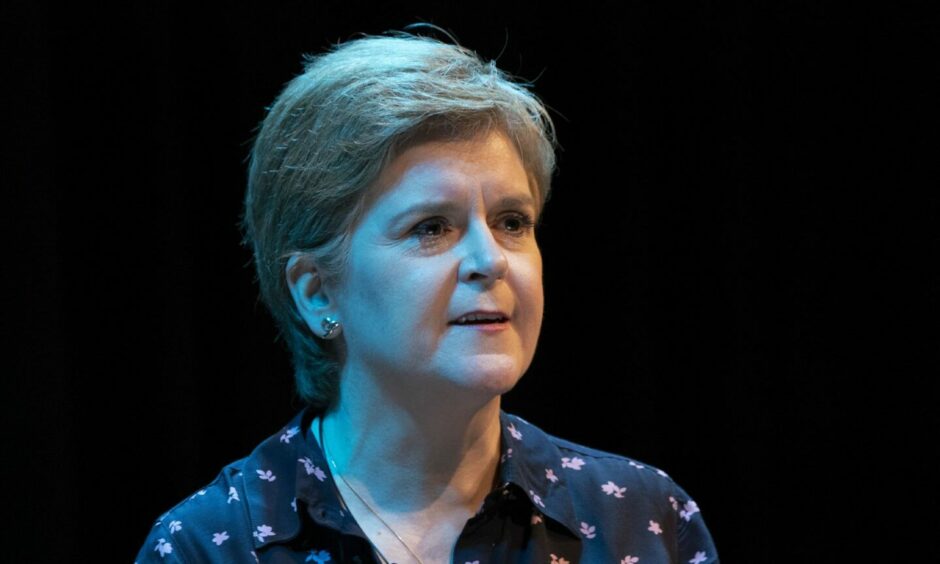
Nicola Sturgeon has urged Scots to get behind the country’s arts and cultural sector in 2023 as it tackles increasing costs and declining audiences.
The First Minister, an aficionado of books, festivals, music and movies, told the Press and Journal she was proud of how Scotland was developing an international reputation for being involved in the production of high-quality film and TV programmes, including the James Bond franchise and drama series such as Vigil, Karen Pirie and The Rig.
But she added that she appreciates how many organisations are struggling in the aftermath of two years of the Covid pandemic and an ongoing economic crisis.
In recent months, the Belmont Filmhouse in Aberdeen closed its doors – as did similar prestigious venues in Glasgow and Edinburgh – while Eden Court in Inverness has recently taken steps to reduce its overheads, including shedding staff.
And, in a recent investigation by the P&J, several arts bodies said they feared for their future survival with rising overheads and fewer visitors.
Ms Sturgeon said: “I know how hard these last two years have been for the cultural sector, and I’m incredibly grateful for the resilience that people, venues and organisations across the sector have shown, and continue to show, as we face up to real economic challenges and a cost-of-living crisis.
‘I’d encourage anyone to get behind cultural venues ‘
“Culture is so important to us – especially for the new perspectives it opens up, and the fact that it allows us to better understand ourselves, others, and the world around us.
“For that reason, I’d encourage anyone to get behind cultural venues in their local communities by visiting and supporting them if they can.”
There was an upturn in the fortunes of some events on the cultural calendar in 2022, but the FM stressed it was important to maintain that momentum, even though she accentuated the steps forward which she believes have happened in the film industry.
Ms Sturgeon said: “[Last year], the experience of the Edinburgh Festivals was particularly special – as we celebrated the 75th anniversary of the Edinburgh International Festival, the Fringe, and Edinburgh Film Festival, as well as the return of the full programme of festivals after three long years.
“I always enjoy any book festival I’m able to attend, and had the opportunity to attend the Paisley Book Festival for the first time in a while.
“There are so many brilliant festivals taking place across Scotland which contribute hugely to our economy, but also allow us to celebrate the power of arts and culture.
“It’s also absolutely great to see the film sector in Scotland thriving. That is testament to the skills, talent, support system and infrastructure which we have in place here – and we have capitalised on unprecedented interest in production in Scotland to further develop a sustainable creative economy.
“More funding, facilities and specialist support have really driven the quality, quantity and range of projects filming here – everything from short films by budding creators to big-budget studio films.”
Do positives outweigh minuses?
These upbeat words arrive at a time when scores of community organisations across Scotland are under the pump on several different fronts. History suggests that the public can rally to assist precious buildings in the towns and cities where they live.
But, if they don’t in the months ahead, the consequences are clear for arts and cultural venues and other places which offer a free or cheap ticket to a world of wonder.
The FM has plenty of different issues to grapple with this year as Scotland braces itself for a bleak economic outlook and continuing disagreements with Westminster over everything from freeports to fracking, the question of a second independence referendum and the likely intervention of London in the Gender Reform Act.
But, whatever challenges she may face, it’s unlikely she will be daunted by them.
In the past, she spoke about how her favourite book was Sunset Song by north-east author Lewis Grassic Gibbon, which made a massive impact on her as a youngster, not least in the single-minded attitude of the novel’s female protagonist Chris Guthrie.
She said: “My childhood memories are full of the stories of Beatrix Potter, Enid Blyton, Roald Dahl, C S Lewis, Lewis Carroll, Laura Ingalls Wilder and many more.
“But it was Sunset Song that awakened something deeper in me. It stirred an appreciation of more than just story, powerful though the one told by Grassic Gibbon undoubtedly is. Sunset Song is one of the first books that had me utterly captivated by the lyricism of language and the power of place.
Sarah Vaughn, Val McDermid and Louise Kennedy were on 2022 reading list
“While I could fantasise about being George from [Enid Blyton’s] The Famous Five in a life wildly different to my own, Chris Guthrie spoke to, and helped me make sense of, the girl I was.
“Chris also helped me understand the inferiority complex that working-class Scots can sometimes feel, worried that our way of speaking isn’t the ‘proper English’ we hear on the television, but also knowing it is the best and purest way of expressing who we are.”
She spoke of how her 2022 reading pleasures had included such works as Reputation by Sarah Vaughn, 1989 by Val McDermid, Trespasses by Louise Kennedy, and Glory by NoViolet Bulawayo and, as a child of the 1980s, offered up Duran Duran and Wham! as her musical favourites.
However, it’s unlikely Ms Sturgeon will get everything she wants in what promises to be another turbulent year for Scottish politics.
FIVE QUESTIONS FOR NICOLA STURGEON
- What book are you reading?
The Marriage Portrait by Maggie O’Farrell. - Who’s your hero/heroine?
My mum. - Do you speak any foreign languages?
No, unfortunately. - What’s your favourite band or music?
Wham! or Duran Duran. - What’s your most treasured possession?
My book collection.
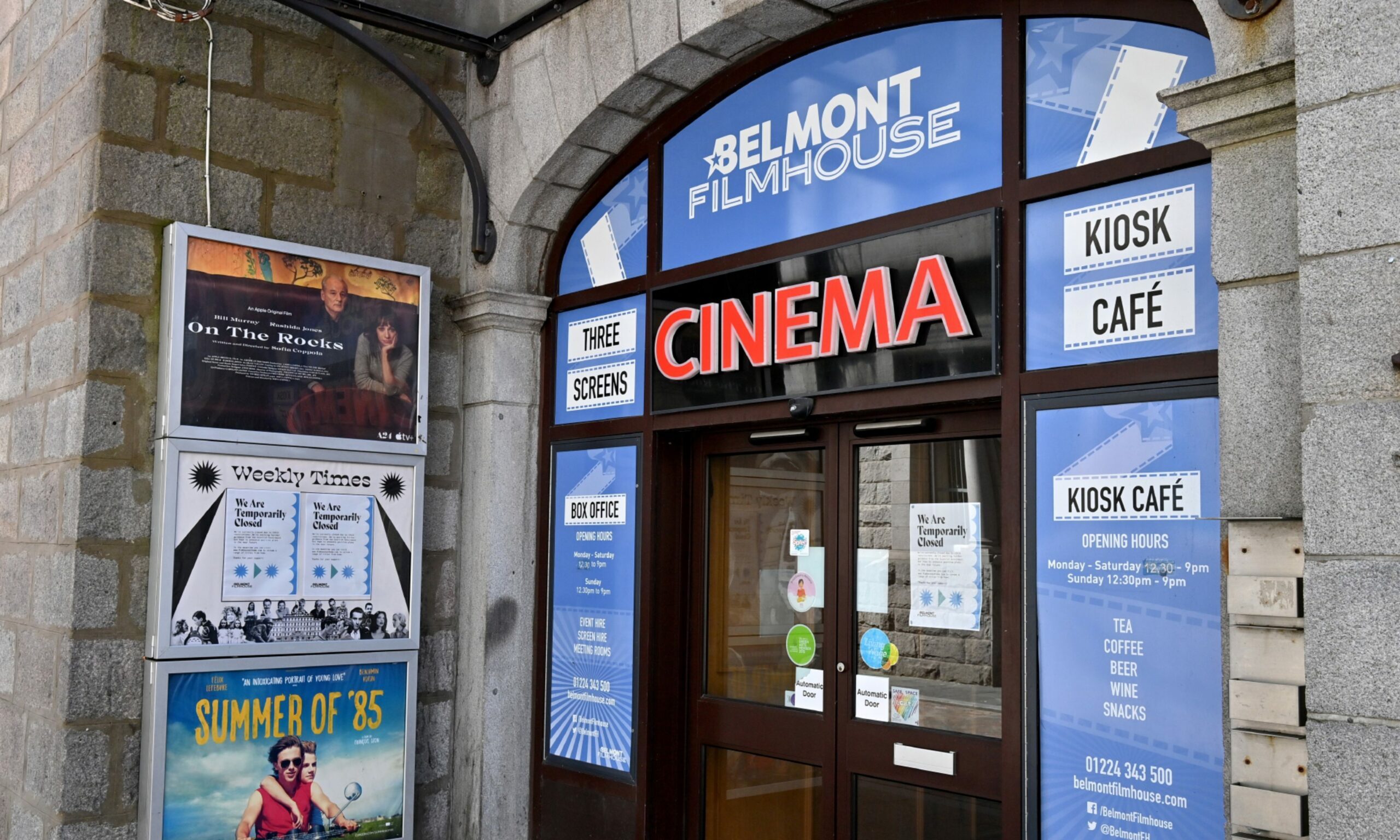
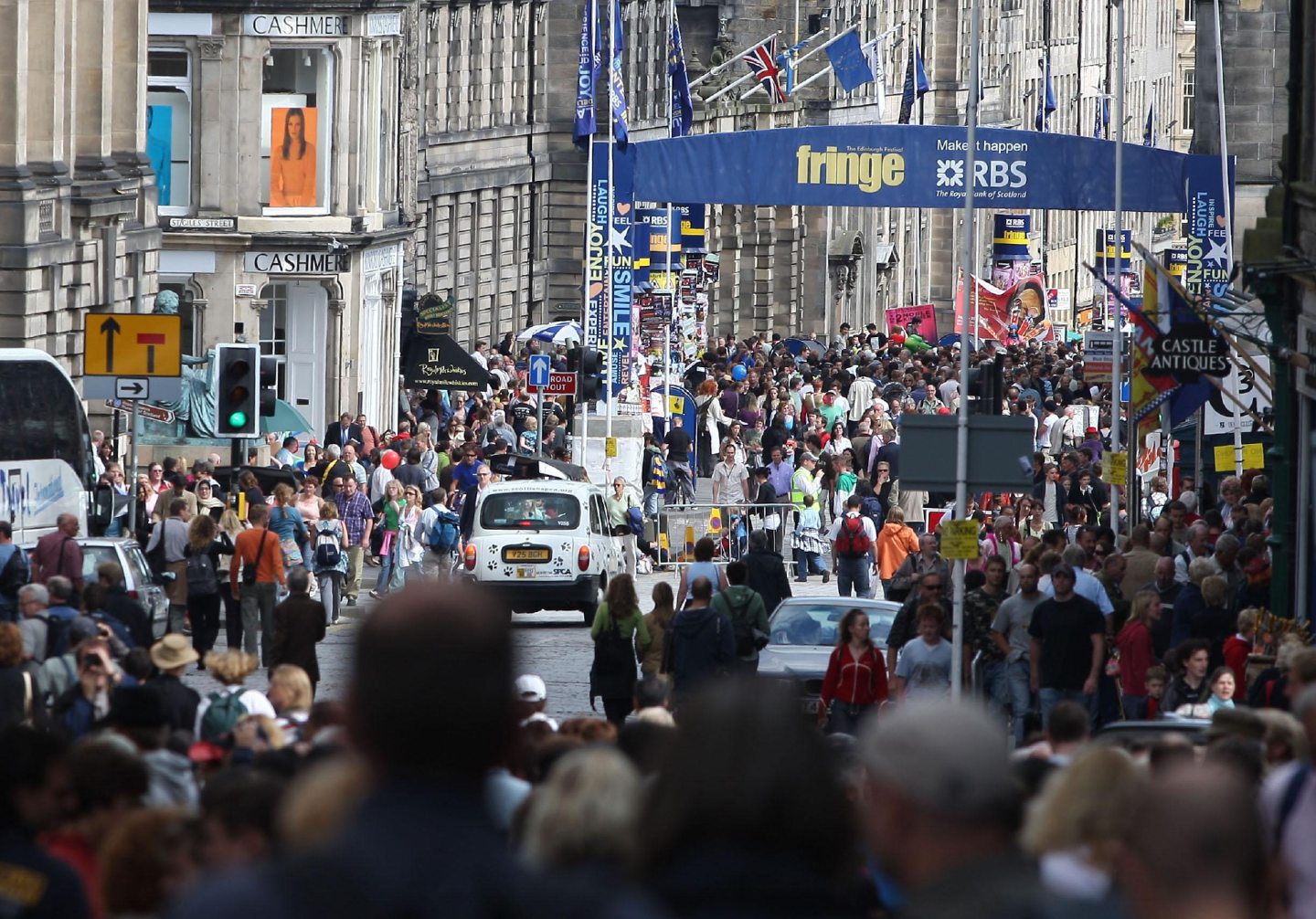
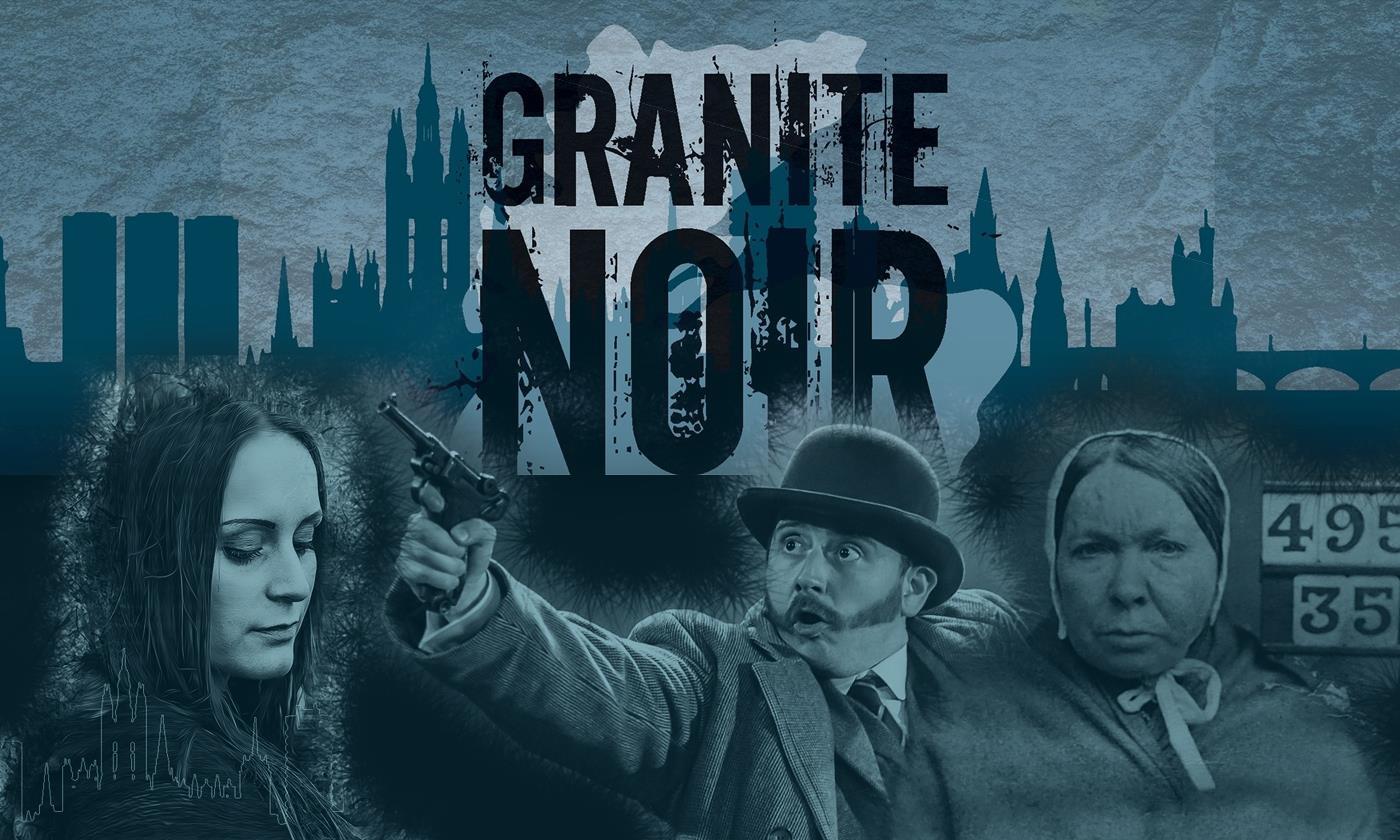

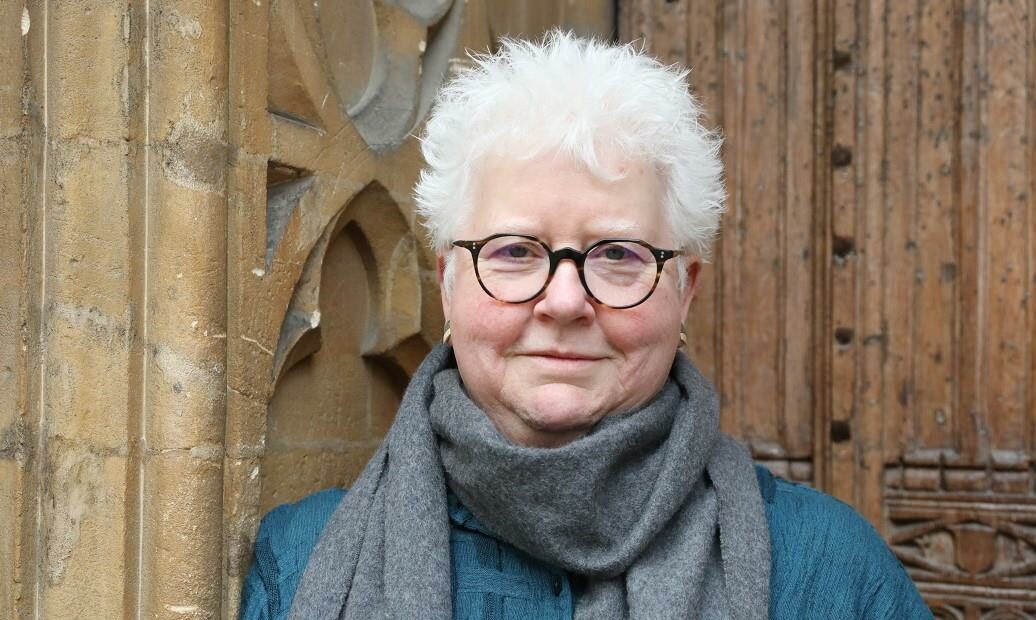
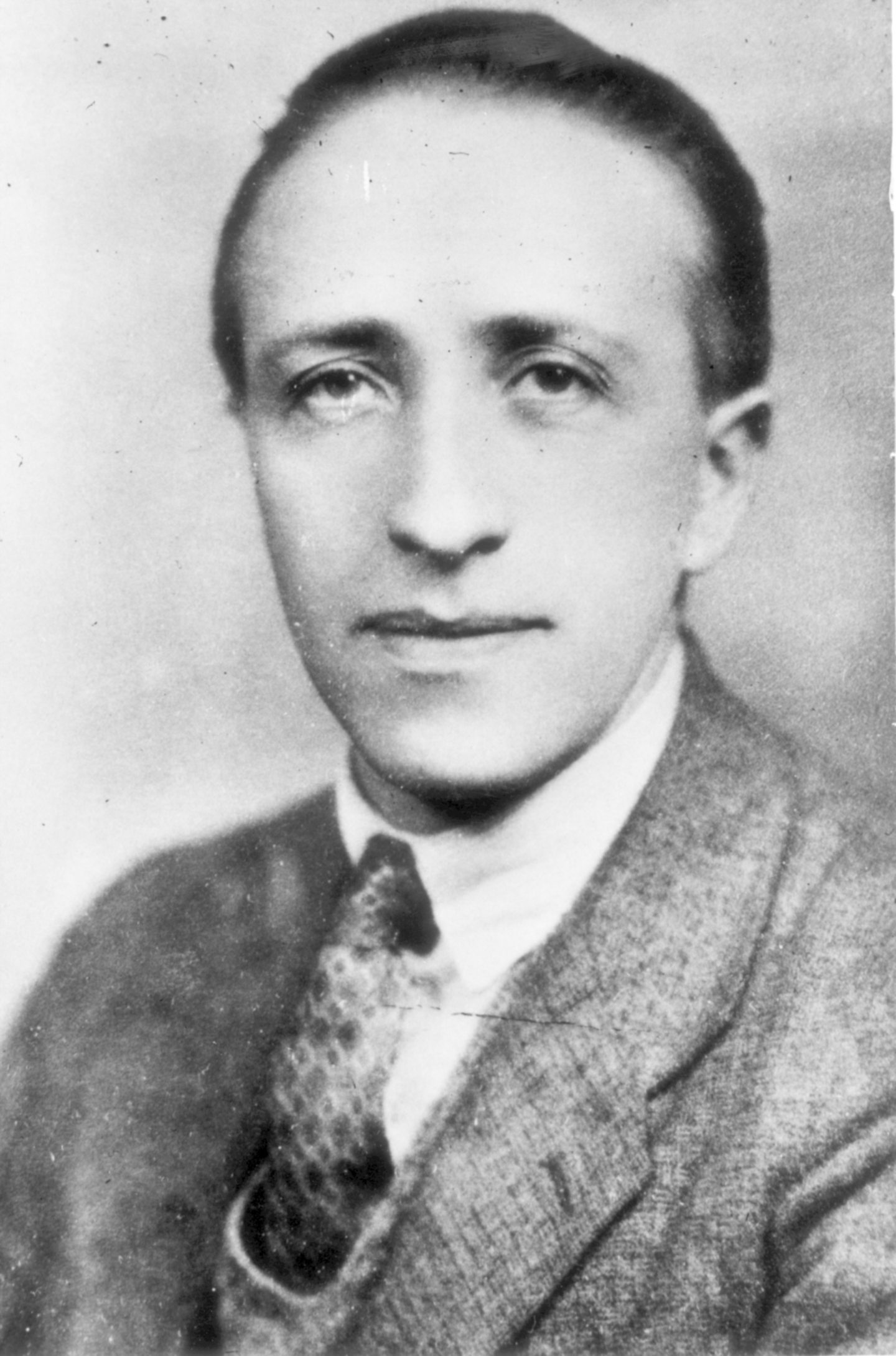
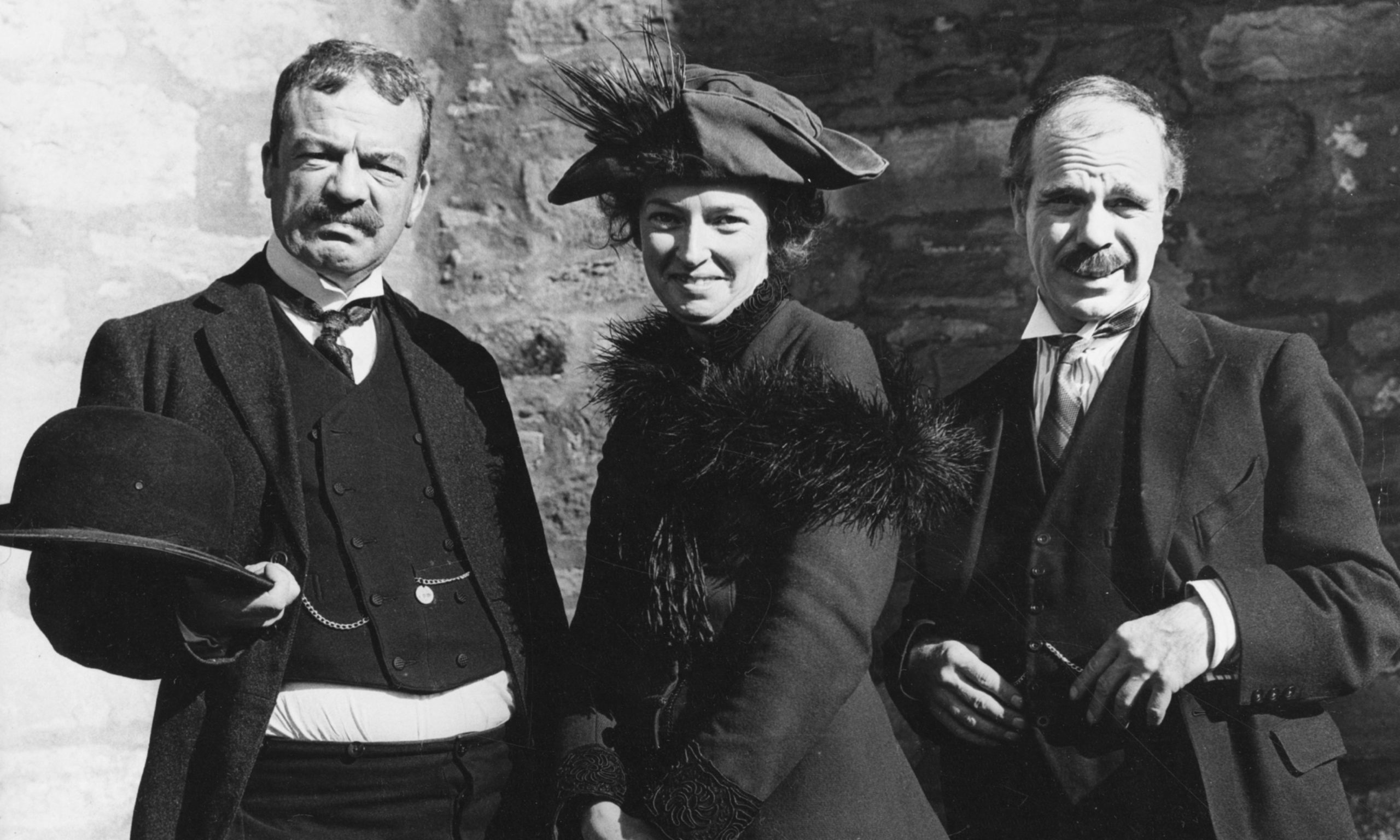
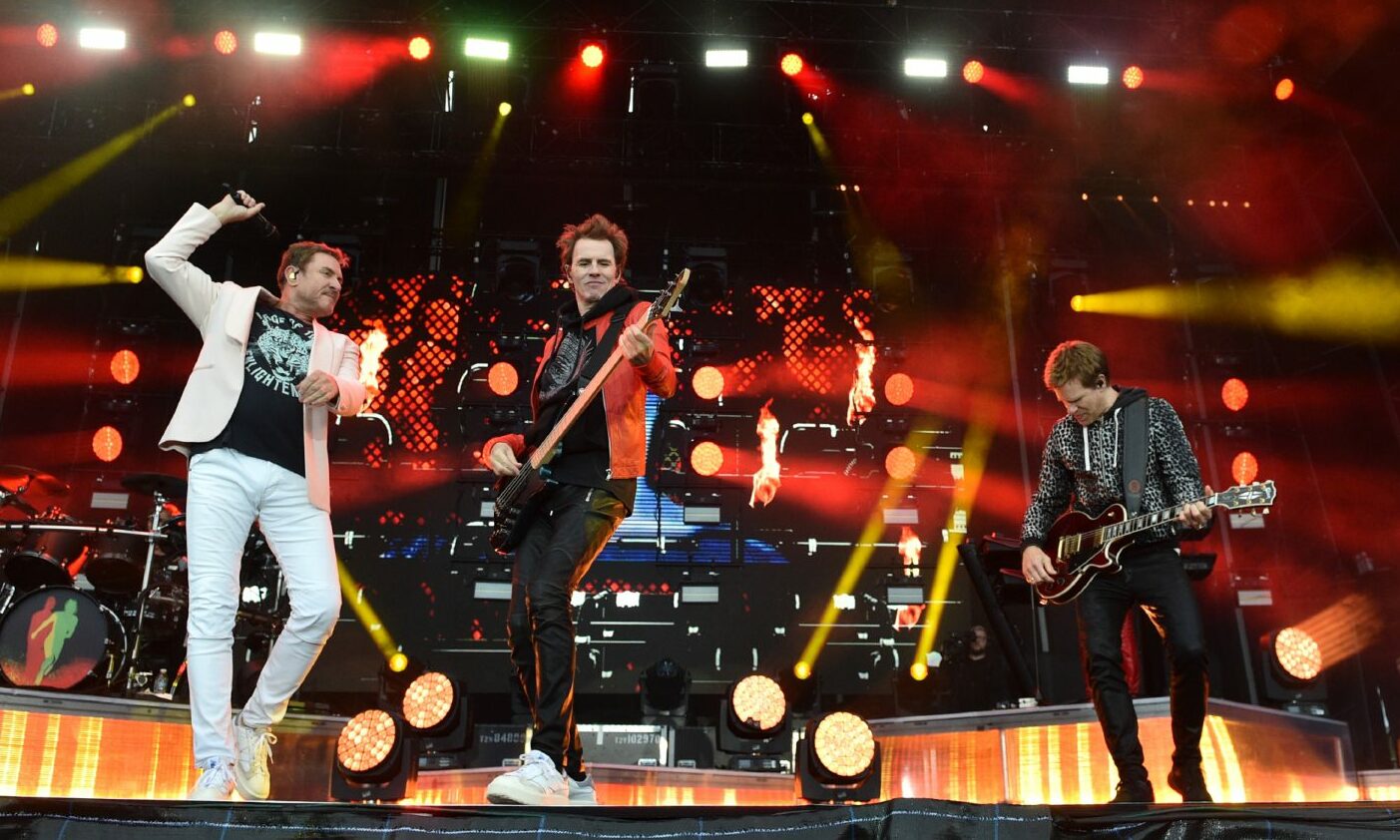
Conversation